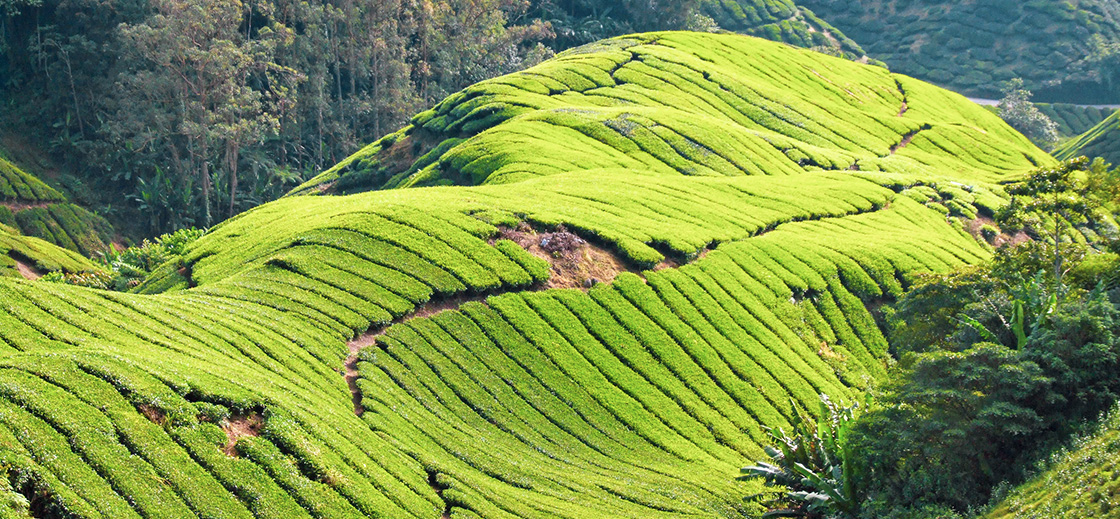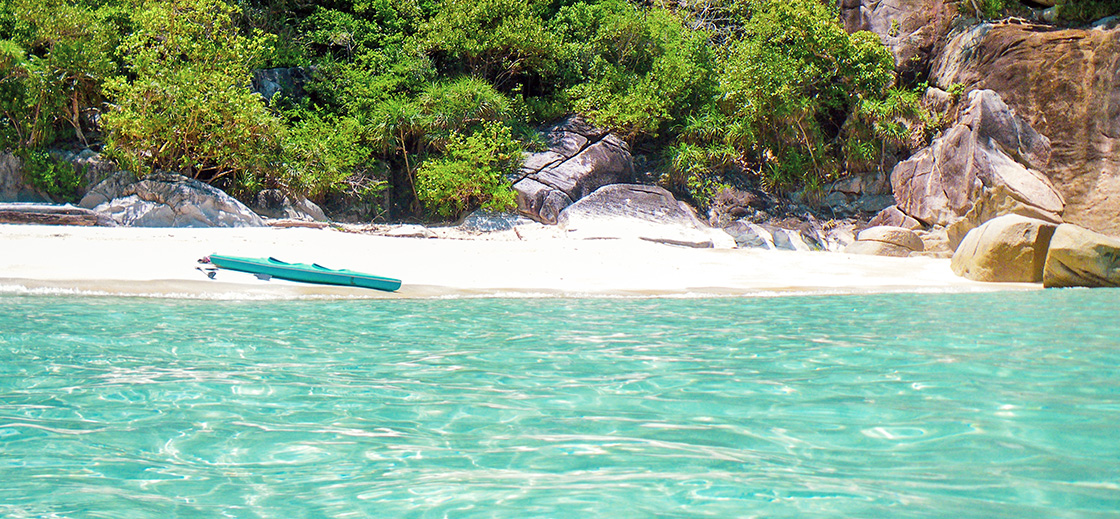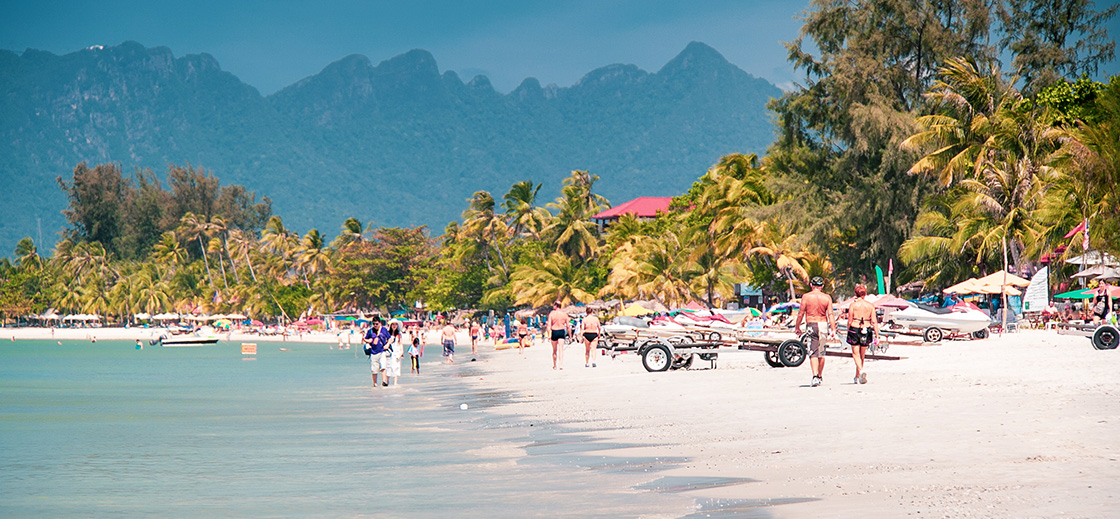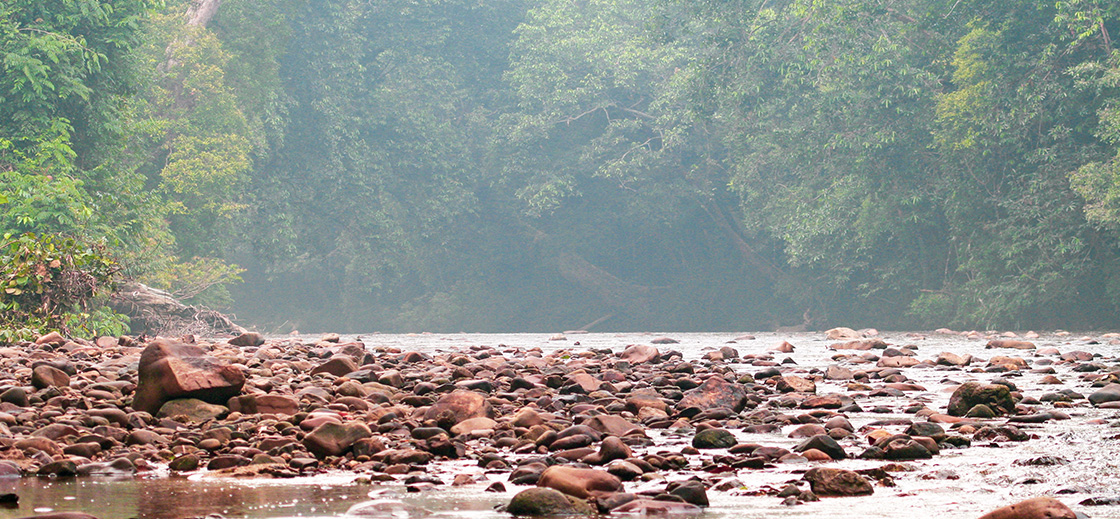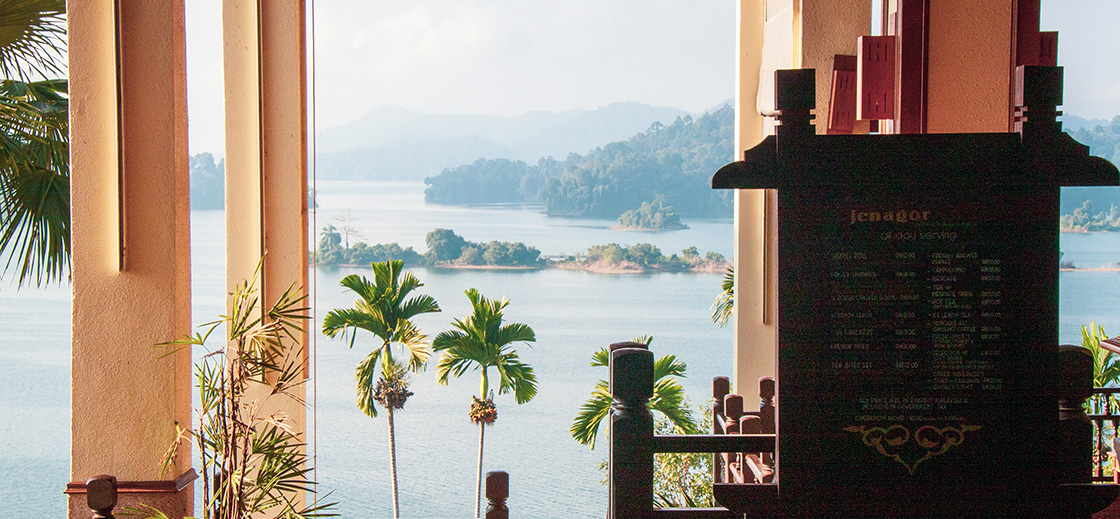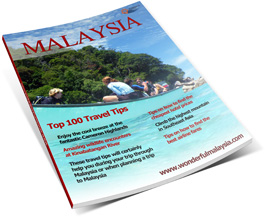SIJORI Growth Triangle and Iskandar Malaysia
SIJORI Growth Triangle
The SIJORI Growth Triangle is a partnership arrangement between Singapore, Johor (in Malaysia), and Riau Islands (in Indonesia) that combines the competitive strengths of the three areas to make the subregion more attractive to regional and international investors. More specifically, it links the infrastructure, capital, and expertise of Singapore with the natural and labour resources and the abundance of land of Johor and Riau.
What is Iskandar Malaysia (Iskandar)?
Iskandar is the new southern development corridor in Johor that has been identified as one of the catalyst developments to spur the growth of the Malaysian economy. Iskandar covers 221,634 hectares (2,217 sq km) of land area within the southern-most part of Johor Bahru. The development region encompasses an area of about 3 times the size of Singapore and 2 times the size of Hong Kong. Iskandar covers the entire district of Johor Bahru (including the island within the district), Mukim Jeram Batu, Mukim Sungai Karang, Mukim Serkat and Kukup Island in Mukim Ayer Masin, all within the district of Pontian.
Read more on the official Iskandar Malaysia website.
Top 10 Reasons to Invest in Iskandar
In its first five years, Iskandar Malaysia has overcome economic slumps, global recessions and the pullout of some major partners, and now looks set to go from strength to strength. In fact, the Iskandar Regional Development Authority chief executive officer Ismail Ibrahim announced just before Christmas 2010 that the total value of investments recorded by Iskandar Malaysia from its start in 2006 until September 2010 is RM64,38 billion – exceeding the RM47 billion target set for this year. The start of an exciting new year seems an opportune time to re-examine the top 10 reasons to invest in this economic corridor.
1. Unwavering Government Support
The Malaysian Government has, since Iskandar Malaysia's inception, indicated its unwavering support for the creation of a dynamic and conducive business environment in Iskandar, including major allocations in its two stimulus packages. The Government has approved an additional allocation of RM700 million for infrastructure and other projects within Iskandar for the next two years. Prime Minister Datuk Seri Najib Tun Razak himself has played a part in facilitating discussions with major parties like the Singapore Government, as well as witnessing significant signing ceremonies with major investors.
2. Vibrant Business Environment
The business environment in Iskandar has been planned according to dynamic, knowledge-based clusters including information technology, biotechnology, tourism, education, healthcare, Islamic finance, manufacturing, and electrical and electronic industry. Already a highly competitive manufacturing and export base, Johor has a strong, growing services sector. Of the overall investment recorded, RM25.65 billion was in the service sector, RM12.81 billion in the tourism sector, RM19.64 billion in properties and RM6.28 billion in the government sector.
3. Skilled Workforce
Investors in Iskandar Malaysia get access to a large, educated workforce proficient in English, Bahasa Malaysia and other international languages, at competitive rates. The Government's five-year development plans reflect emphasis on both education and industrial training. Education is a business cluster in Iskandar Malaysia itself, reflecting continued support of human resource development in the economic corridor.
4. Investment in Infrastructure
Iskandar Malaysia contains world-class land, sea and air cargo facilities that allow good supply and distribution of raw materials, including an ultra-modern airport in Senai and world-class ports in Tanjung Pelepas and Pasir Gudang. It already enjoys major road connections and railway links with the major distribution hub of Singapore, all the way across Malaysia and up to Thailand. For 2011, the Federal Government has allocated RM339 million for highways, houses, public transportation services and development planning research in southern Johor – long-term investments to ensure adequate and supportive infrastructure.
5. Singaporean Co-operation
Singaporean companies are buying into the idea of Iskandar Malaysia, thanks to their Government's support. The two countries have set up a Joint Ministerial Committee to oversee economic co-operation in the corridor, discussing measures from smartcards to ease the daily commuting of over 150,000 workers, a Rapid Transit System (RTS) Link between Singapore and Iskandar to reduce immigration to only one checkpoint, and a new framework for cross-border sharing of information on lost and stolen passports.
6. More Major Investors Continually Coming
Joining the already illustrious line-up of foreign investors in Iskandar Malaysia are, most recently, the Mace Group (MACE) of the United Kingdom, a global consultancy and construction giant, and Biocon Ltd, a billion-dollar biotechnology company from India. Biocon is investing RM500mil in the first phase of its new biomanufacturing and research and development (R&D) facility in Iskandar Malaysia – the largest investment in Malaysian biotechnology thus far. Meanwhile, WCT Bhd and the Mubadala Group are eyeing a second project in Iskandar Malaysia in 2011, a RM688 million mixed commercial project.
7. Excellent, Affordable Environment to Live and Work
Iskandar Malaysia offers a seamless convergence of business, living, entertainment and environment – at far less expensive rates than, say, Singapore and Hong Kong. Investors can choose from a good, affordable mixture of greenfield (virgin land) and brownfield (existing industrial land) sites and high-tech industrial parks, telecommunications and office facilities. Meanwhile, the economic corridor also has a wide variety of offerings for education, relaxation and recreation, from schools and universities for children to international tourist destinations, theme parks, sports facilities, shopping, healthcare and wellness.
8. Strategic Location
Iskandar Malaysia is strategically positioned along one of the world's busiest shipping routes. Being at the heart of the Asian region and at the cross-road of centuries-old East-West trade routes creates lucrative opportunities to tap into growing economies such as Indonesia, China and India. Travel (for business or leisure) and distribution are smooth, swift, reliable and safe – qualities not to be taken for granted in these times.
9. Liberal Equity Policy
The Malaysian Government's welcoming of foreign direct investment (FDI) extends to increasingly liberal equity policies. Generally, foreign investors in Malaysia's manufacturing sector can hold 100 percent equity in projects which export at least 80 percent of their production. However, effective from 17 June 2003, 100 percent foreign equity holding is allowed for all investments in new projects, as well as investments in expansion/diversification projects by existing companies irrespective of their level of exports. Under Datuk Seri Najib's premiership, foreigners are now allowed to own up to 70 percent equity in all financial institutions here except commercial banks, where foreign equity is capped at 30 percent. The government has also removed the 30 percent bumiputra equity condition in 27 services sub-sectors.
10. Attracting Talent with Liberal Hiring Policies
Foreign companies in the manufacturing sector have traditionally been allowed to employ expatriates where certain skills are not available in Malaysia. A company with a foreign paid-up capital of US$2 million and above will be allowed up to 10 expatriate posts, including five key posts. The Private Higher Educational Institutions Act 1996 [Act 555] also requires any person who wants to teach in any PHEIs – local or foreign – to obtain a permit to teach beforehand. However, the Prime Minister in December 2010 also announced the introduction of the "resident pass", a document offered to highly qualified expatriates which will accord, not only to holders but also their spouses, long-term rights to live and work here without being tied to an employer. Malaysian diaspora and their offsprings, who no longer hold Malaysian citizenship, also qualify for the pass.
